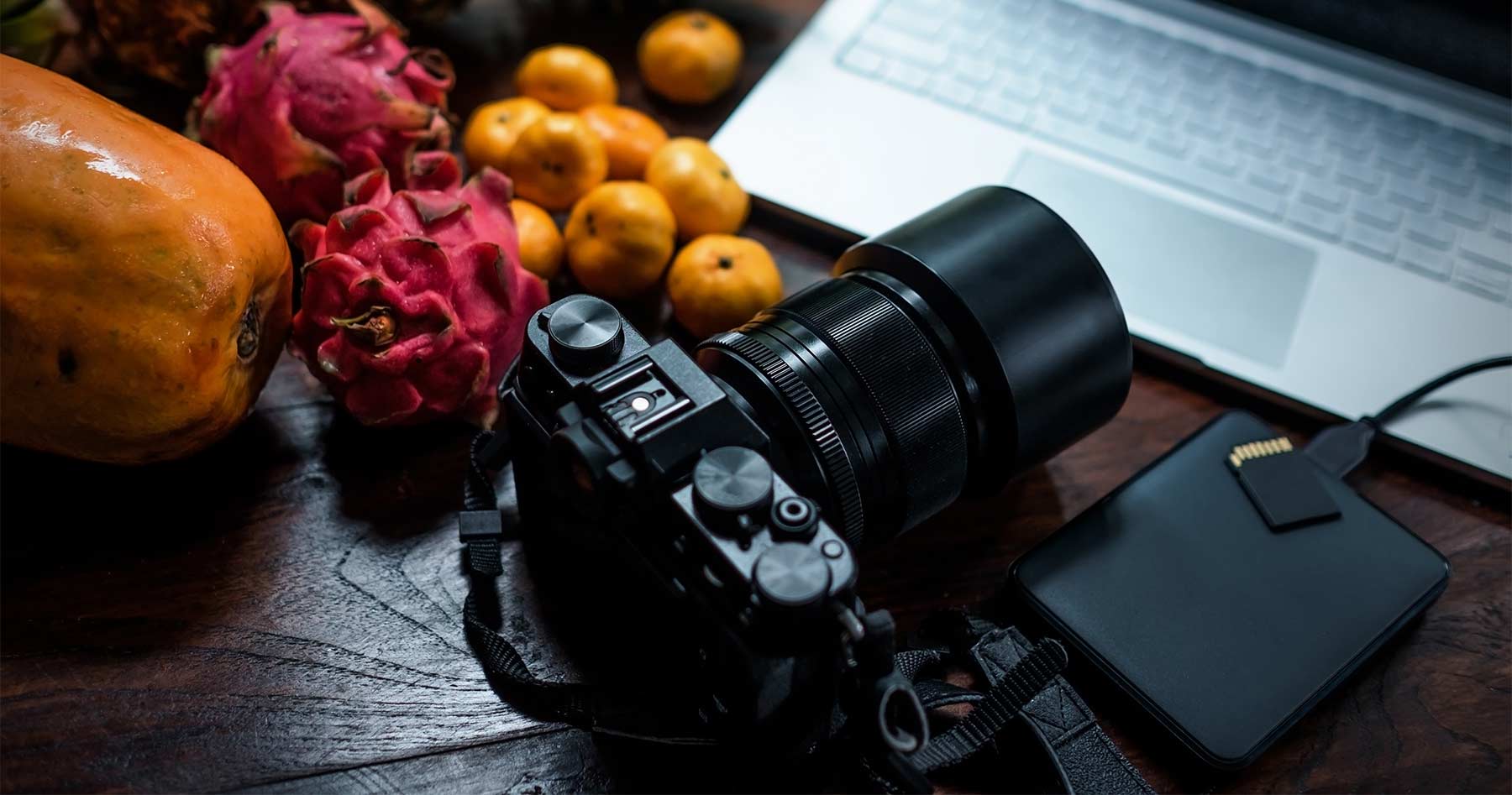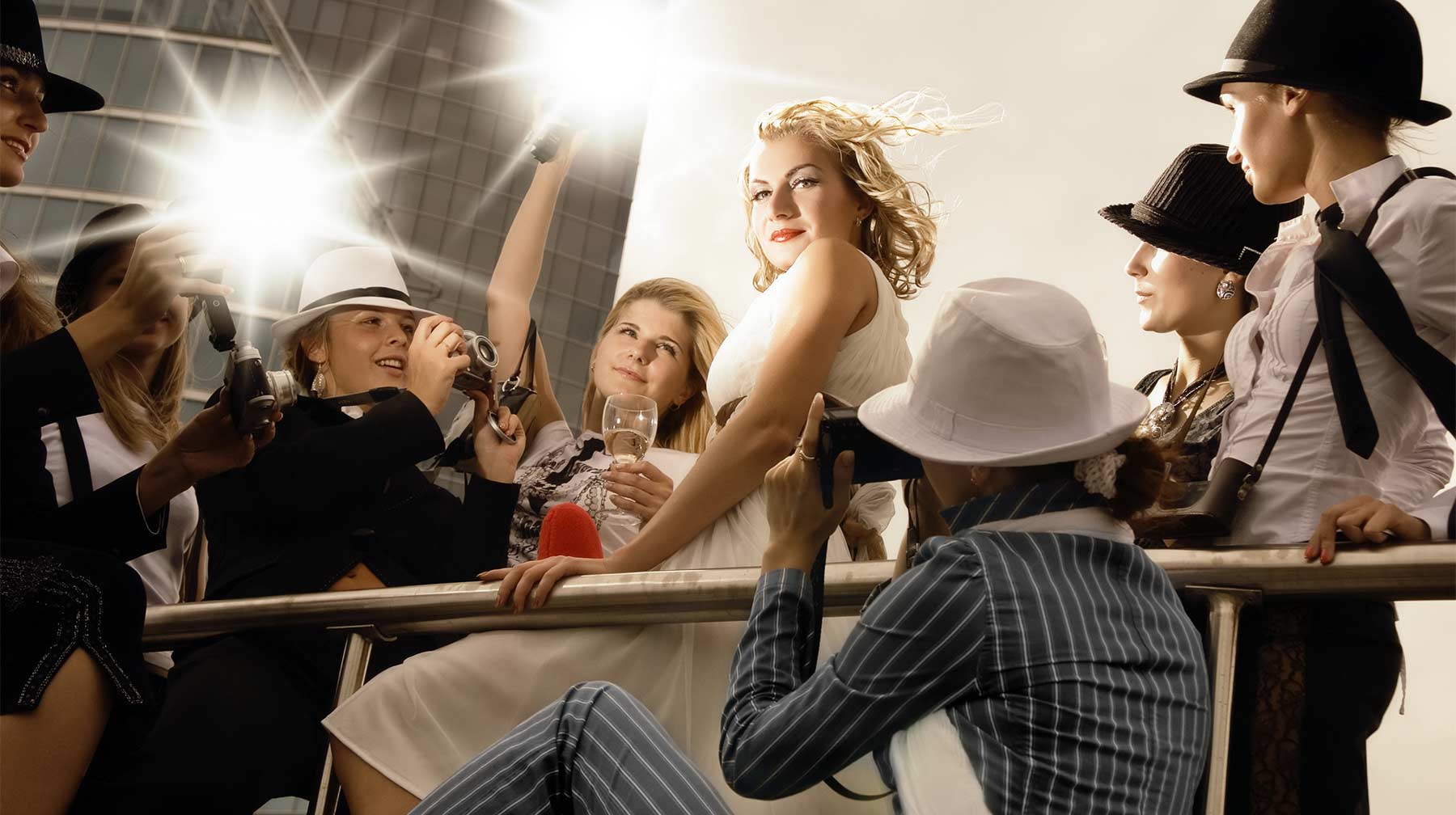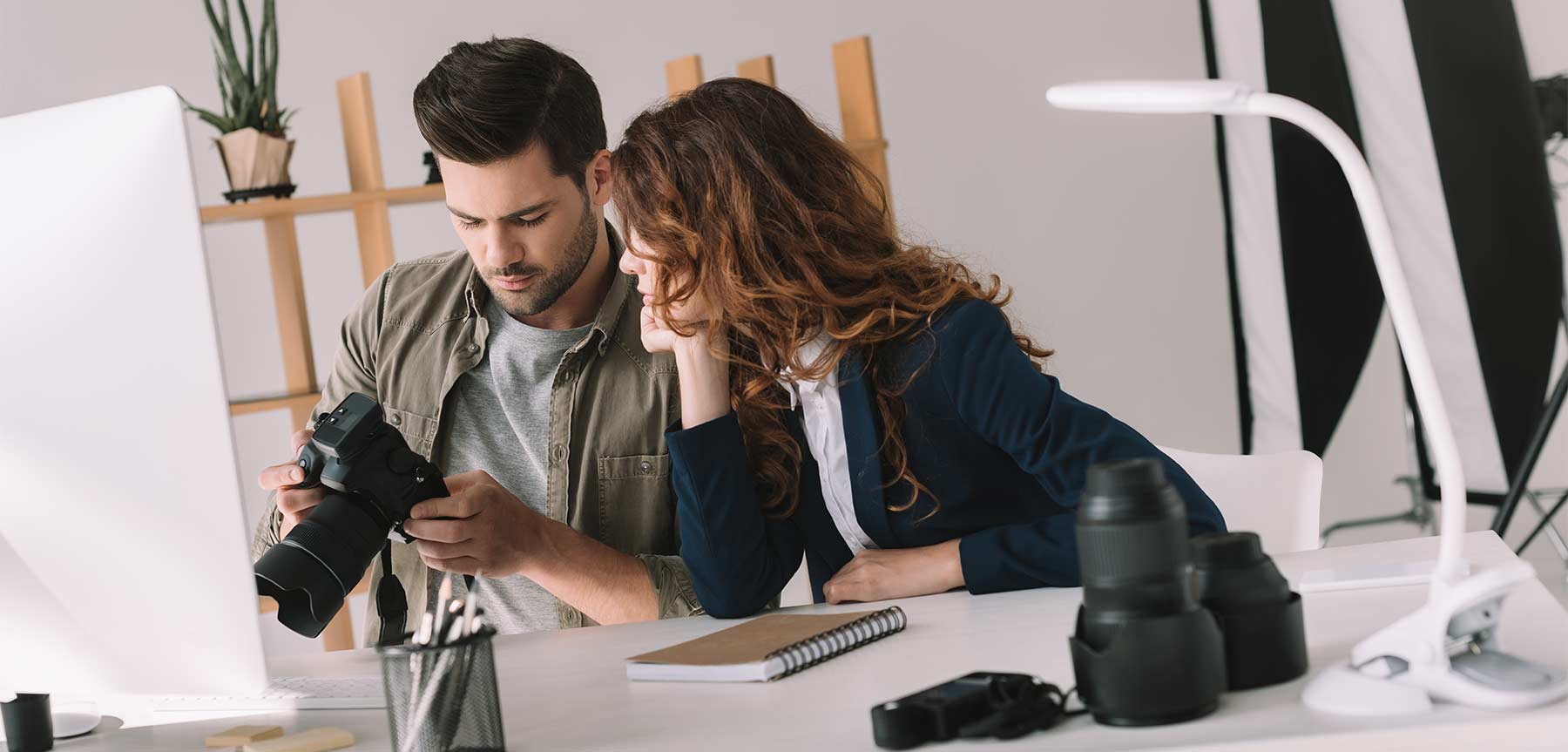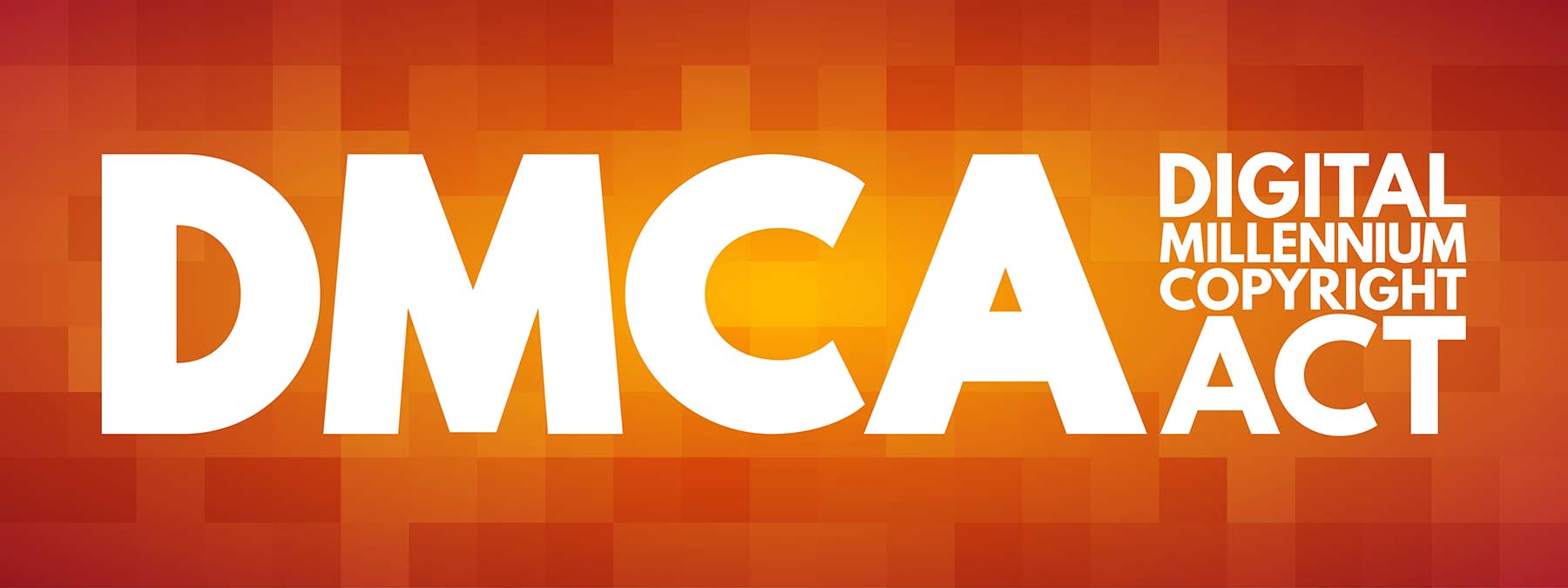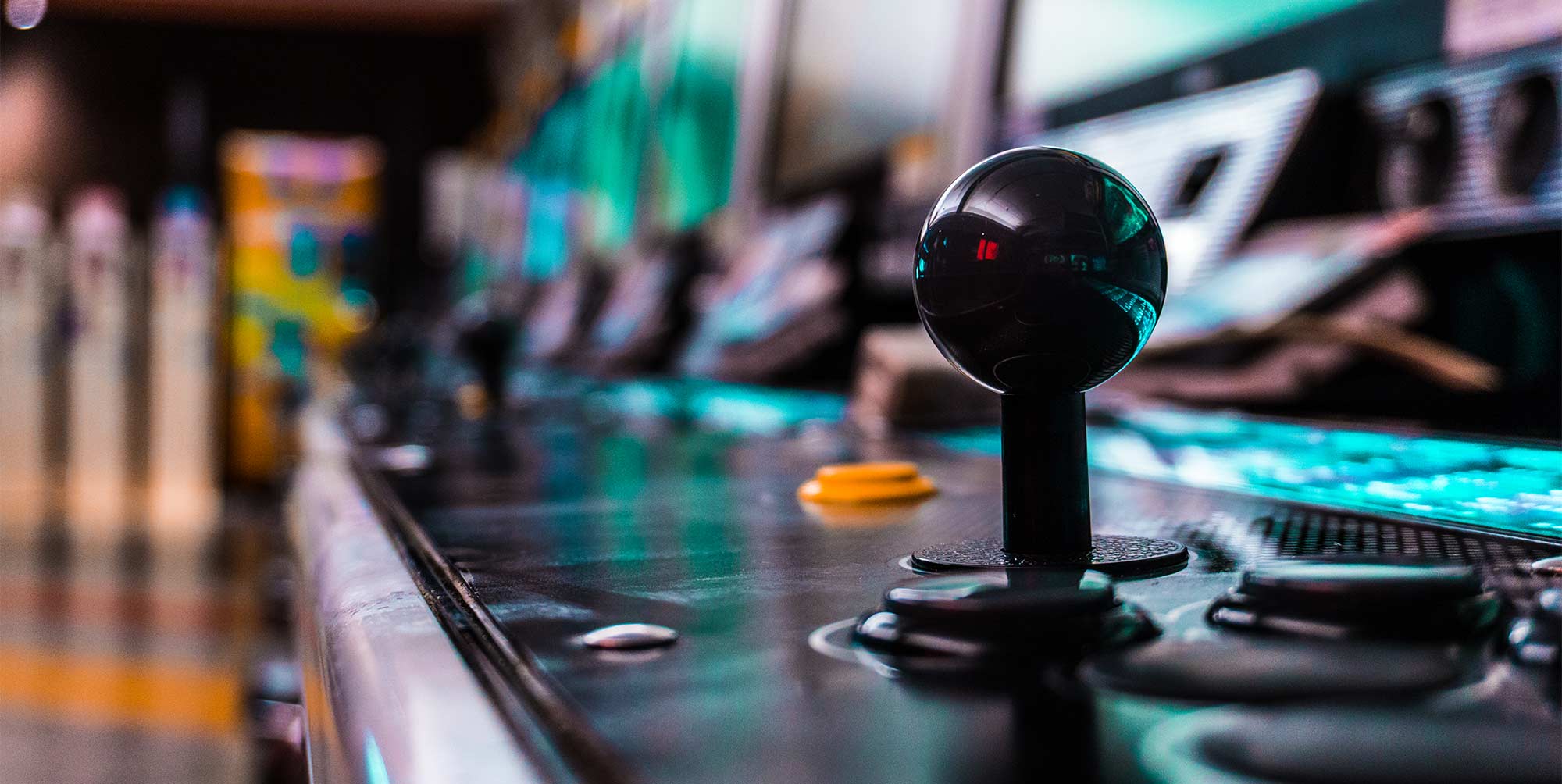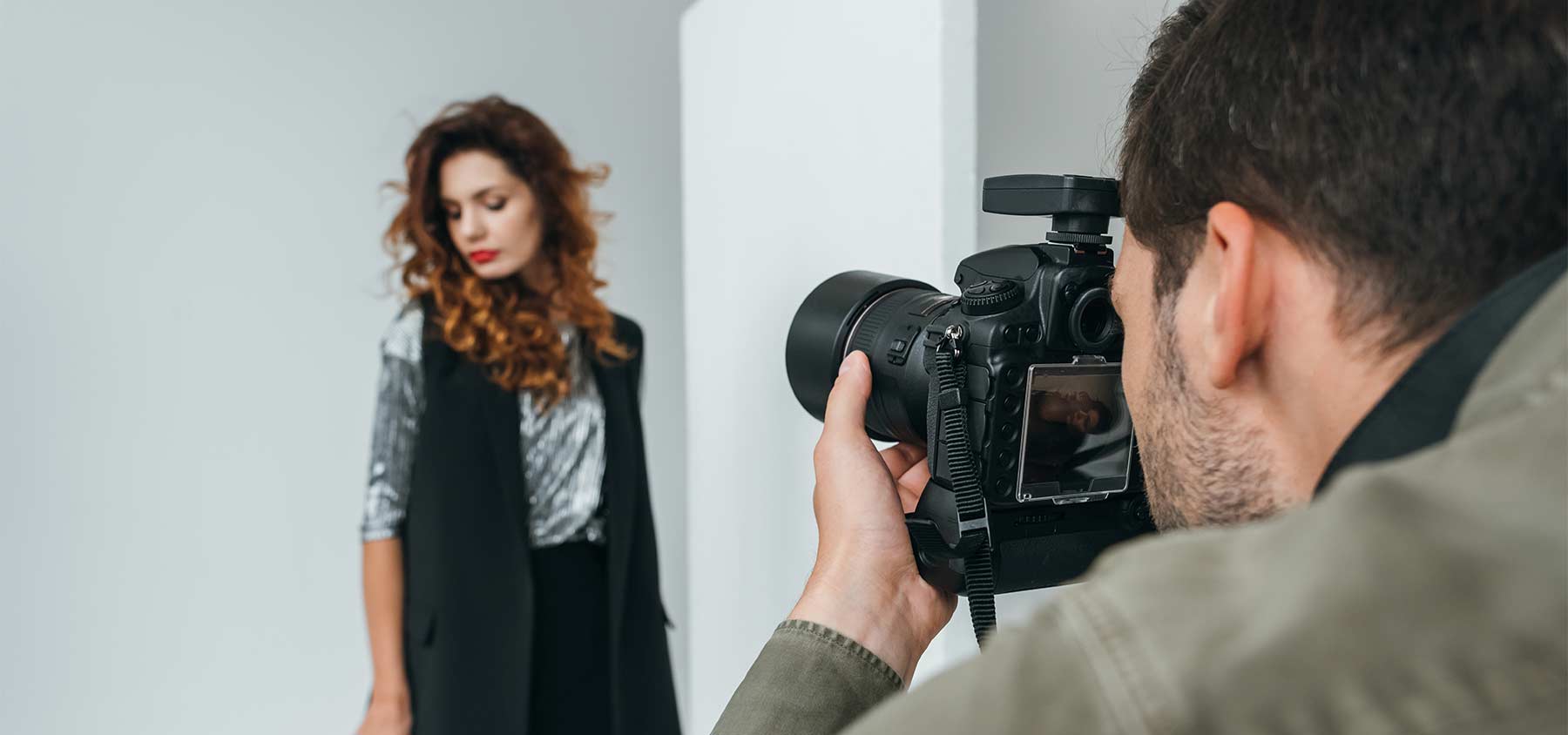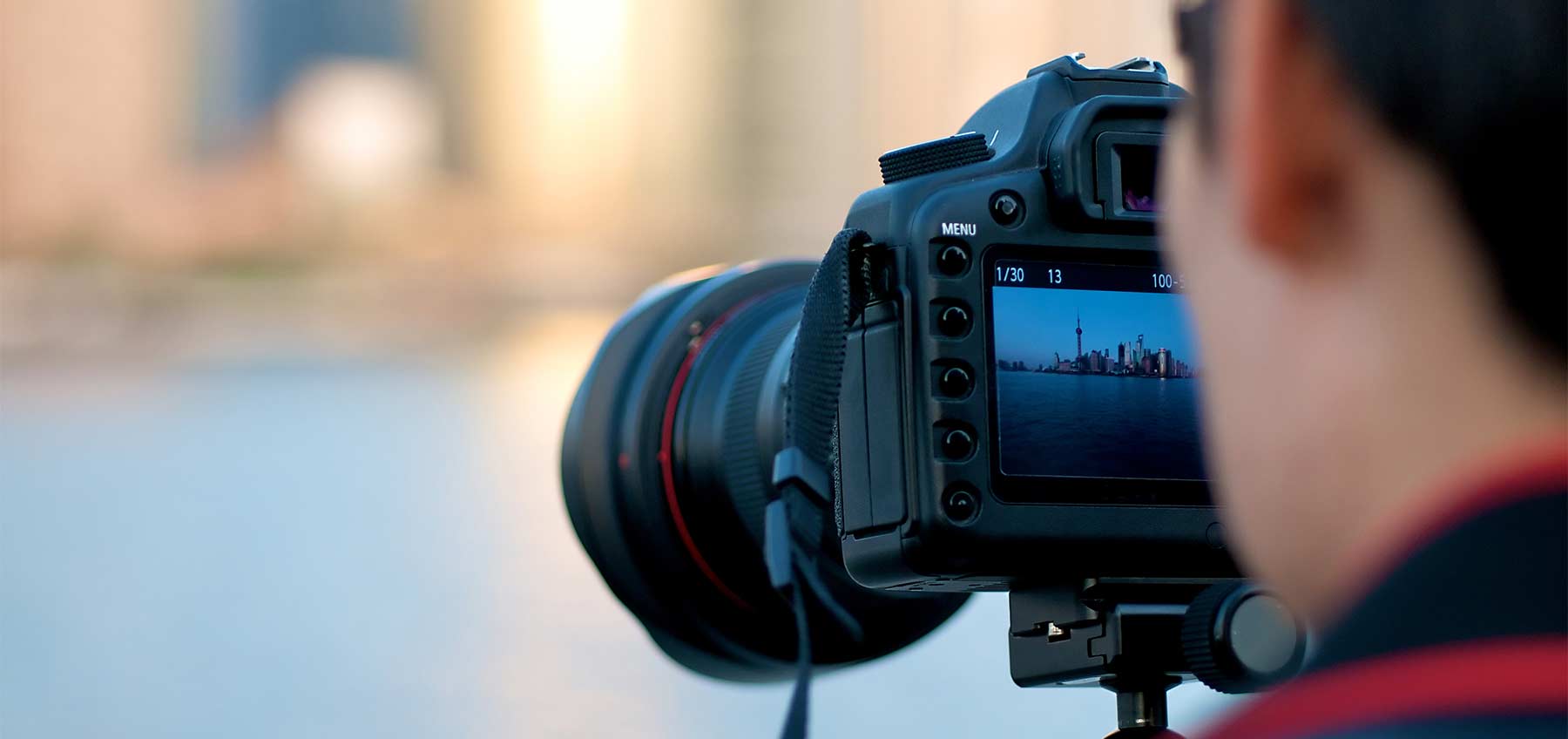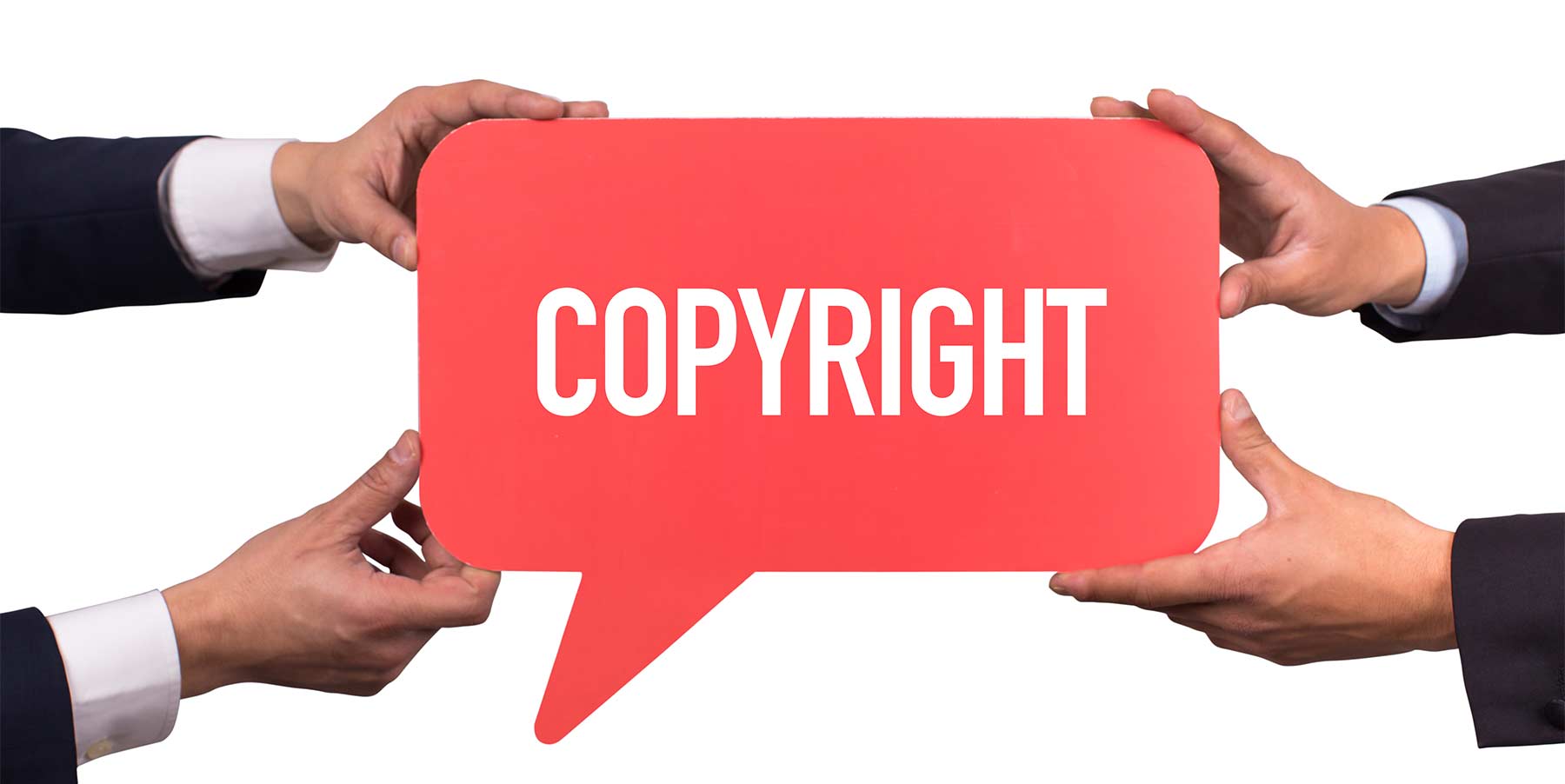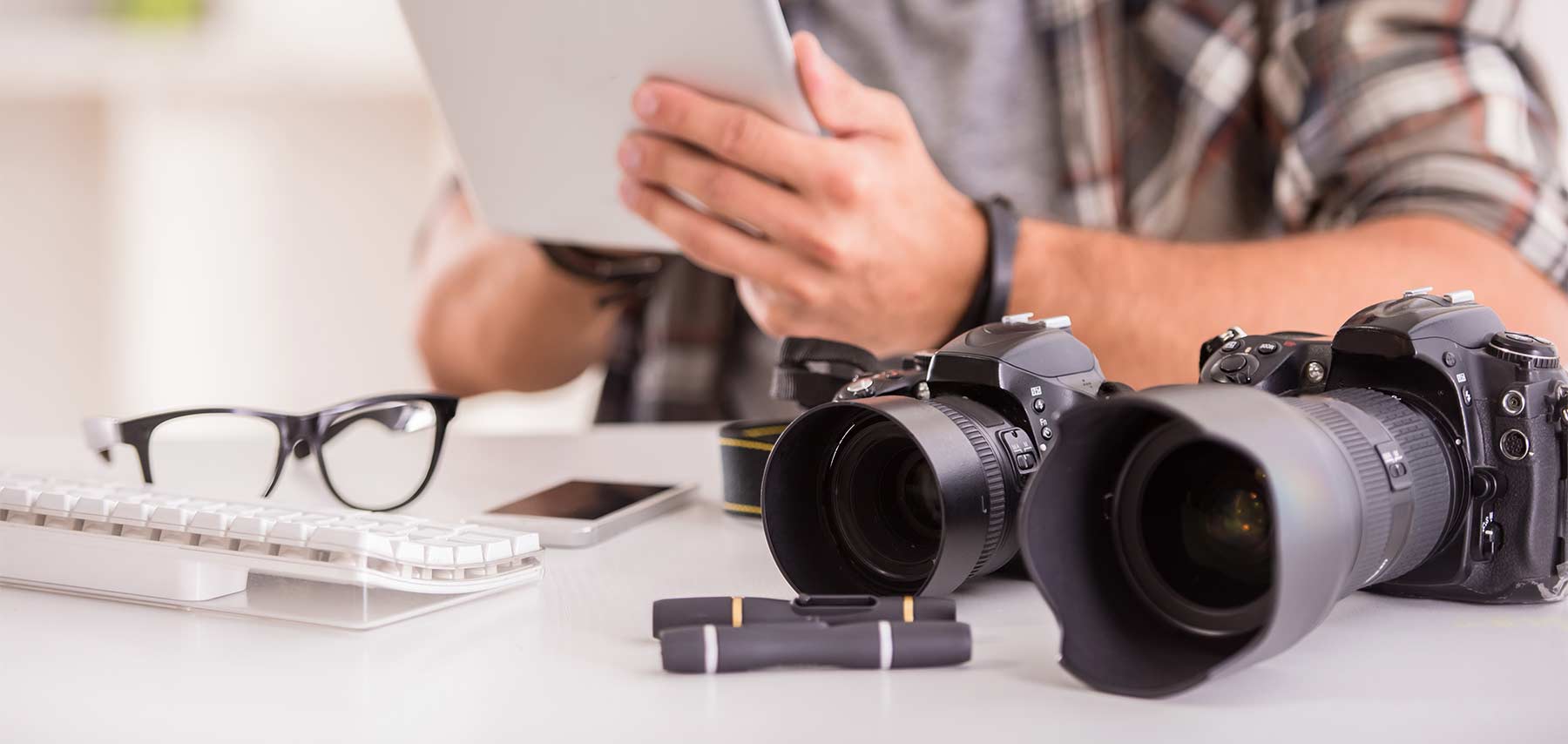Important Things About Copyright For Photographers Who Take Pictures of Celebrities
If you are a photographer who makes a living taking pictures of celebrities out on the street or at various events, you probably know how easy it is to be a victim of copyright infringement.
Many photographers work full time and make their living getting photos of celebrities and selling them to magazines, news agencies, and other entities. These photographers have the exclusive rights to sell, duplicate, or license their pictures to others and receive compensation for their work. When someone uses a photo without permission, it can be a violation of copyright law.
Photographers who photograph celebrities should understand the rights afforded to them by copyright law, what copyright infringement is, and what to do when someone violates their rights.
What is Copyright?
Copyright is a form of protection provided for original works of authorship. This protection includes photographers who take pictures of celebrities and then sell them for profit.
The copyright owner has the exclusive right to:
- reproduce the copyrighted work;
- distribute copies of the copyrighted work to the public;
- prepare derivative works from the copyrighted work; and
- perform or display a copy, derivative work, or publicly perform or display an original work.
What Do You Do To Obtain Copyright?
Copyright is automatic and attaches as soon as a photographer takes a picture of a celebrity.
For example, you automatically have copyright protection for any original photographs that you create, even a picture of Lady Gaga, Jennifer Lopez, and Victoria Beckham standing on the street outside your New York apartment building.
No one can use your copyrighted photographs without your permission.
You don’t have to register your copyright with the copyright office to have rights. However, copyright registration is necessary if you wish to file a lawsuit for copyright infringement and collect the maximum damages. Registering your copyrighted images can also make it easier to prove copyright ownership if you get sued or file a suit of your own.
What is Copyright Infringement?
Copyright infringement occurs when someone uses protected, copyrighted material without permission. It’s a violation of the copyright owner’s exclusive rights and remedies.
For example, if a magazine gets hold of an image you took and posts it on their website without your permission or compensation, it might be a copyright violation.
For photographers, copyright infringement is a serious matter because it threatens your livelihood.
When Celebrities Post Your Pictures on Social Media, Does it Violate Copyright?
In recent years, celebrities have been known to post photographers’ pictures on their own social media sites. While it may seem harmless for a celebrity or other public figure to share your photo on her Twitter, Facebook, or Instagram account, it is not without its consequences.
Celebrities have millions of followers and arguably post photos of themselves to generate income and boost their brand. When they post an image that you took without your permission, it might devalue your work.
When a celebrity posts your copyrighted image, it might be copyright infringement. It is quite possible that you can hold the celebrity or their “people” liable and that they will owe you monetary damages.
Celebrities Have Been Sued For Copyright Infringement
Some celebrities accused of violating copyright in recent years include many big names. Some have faced copyright lawsuits and paid large settlements and damages to the photographer who took their picture.
Celebrities who have been sued for copyright infringement include:
- Kim Kardashian, who allegedly posted photographers’ images of her kids without permission
- Lady Gaga, who allegedly used a photographer’s image to promote an upcoming CD release
- Chrissy Teigen, who allegedly posted photographers’ pictures on sites such as Twitter and Instagram
- Justin Bieber, Gigi Hadid, and Taylor Swift allegedly used photographers’ pictures without permission.
When celebrity paparazzi think someone is violating copyright, there are steps to take to try to hold them accountable. In some cases, photographers have copyright agreements with celebrities that protect and monetize their work when the celebrity is using it.
What Can You Do If A Celebrity Posts One Of Your Photos on Social Media or Elsewhere?
If a celebrity posts a copyrighted image on their social media feed like an Instagram page, there are several options you can consider. You might:
- Ask the celebrity to remove the photo. If you don’t want your photo to be posted by a celebrity or other public figure, ask them to take down the image. Explain that it’s copyrighted, violating your legal rights, and demand they stop using it.
- Ask the platform to remove the image. You can issue a takedown notice to Instagram, Facebook, or other social media site, letting it know that someone is violating your copyright.
- Consider contacting a lawyer who specializes in copyright law to learn more about your legal rights.
Should You File a Copyright Infringement Suit?
There are some advantages to filing a copyright infringement suit. For example,
- If a photographer allowed celebrities to violate copyright without exercising all legal options, the photographer wouldn’t be able to make a living.
Taking action to enforce copyright actively engages you in protecting and enforcing your legal rights and allows you to maintain control over your work. - By filing a lawsuit, you can earn back any money lost as the result of someone else’s copyright violation.
- Damages can include substantial compensation like statutory damages for each copyright infringement.
Call Our Copyright Infringement Lawyers To Learn About Your Legal Rights
At Sanders Law Group, we are dedicated to helping celebrity photographers protect and enforce copyright. Call us today to learn more about your legal rights and how we can help you collect the maximum damages allowed under copyright law.
Ask yourself the following: Has a celebrity been posting one photo you took of them on social media like Instagram? What is the effect of the use of your photo on the value of your work? Has posting ruined the potential market for your pictures?
These are important considerations when contemplating a copyright lawsuit. Let our lawyers explain copyright laws, the process of filing a complaint, heading to federal court, and how copyright infringement claims work. Together, we can determine the best course of action that can result in the maximum damages allowed by law.
If you suspect someone has infringed upon your work, Sanders Law Group, today at (800) 979-3707 for a free evaluation of your copyright claim.


